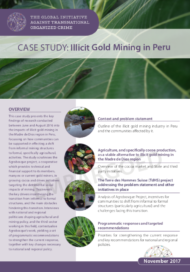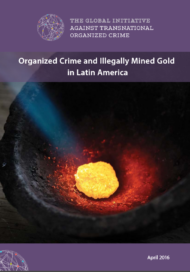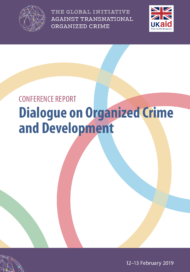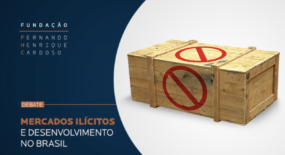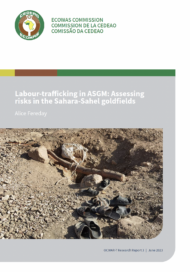Posted on 21 Nov 2017
This case study presents the key findings of research conducted between June and August 2016 into the impacts of illicit gold mining in the Madre de Dios region in Peru, focussing on how communities can be supported in effecting a shift from informal mining structures to formal, specifically agricultural, activities. The study scrutinises the Agrobosque project, a cooperative which provides technical and financial support to its members, many ex or current gold miners, in growing cocoa and drives initiatives targeting the detrimental social impacts of mining. This reveals the key drivers incentivising the transition from informal to formal structures, and the main obstacles hindering this transition. Interviews with national and regional politicians shaping agricultural and mining policy, and the third sector working in this eld, contextualise Agrobosque’s work, yielding a set of programmatic recommendations to strengthen the current response, together with key changes necessary to national and regional policy.
This report was written by Lucia Bird and Nils Krauer for the Global Initiative against Transnational Organized Crime.
Lucia and Nils would like to thank Tuesday Reitano, Global Initiative Deputy Director for her direction, and Livia Wagner for her insight and guidance in preparing the eld research, reviewing and editing the case study.
The Global Initiative wishes to acknowledge the considerable assistance of Terre des Hommes Suisse for their generous cooperation and sharing their expertise, especially on the AgroBosque project in Madre de Dios, Peru. Further thanks goes to the OECD, who supported the Global Initiative with valuable inputs for starting a compendium of case studies, of which this is the first one.
The Global Initiative would also like to thank all of the experts and community members who generously shared their experience and valuable insight and all those who fight for the protection of human and labour rights and the environment.
